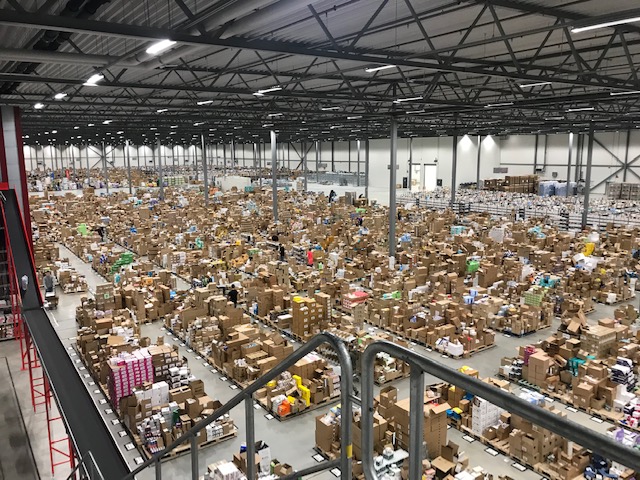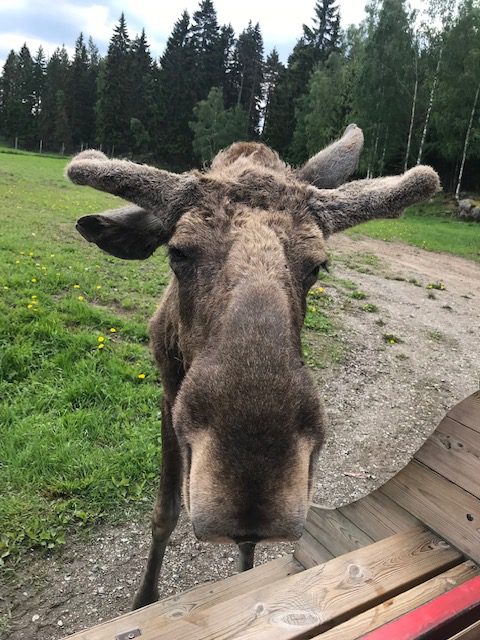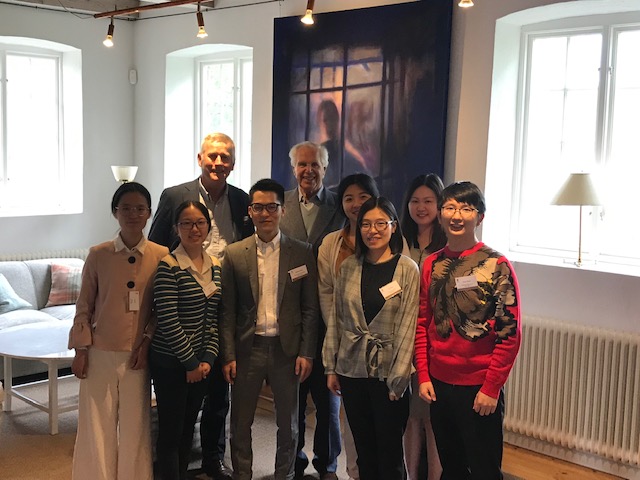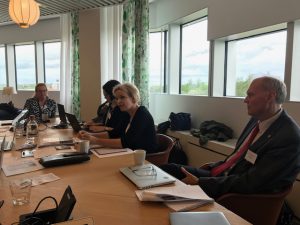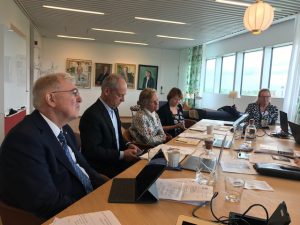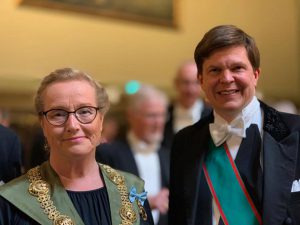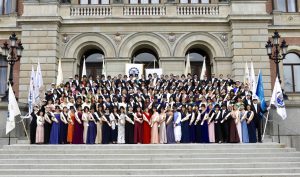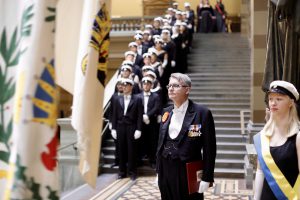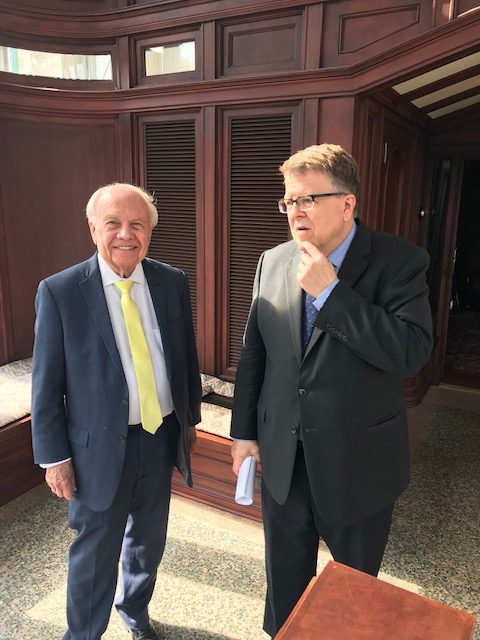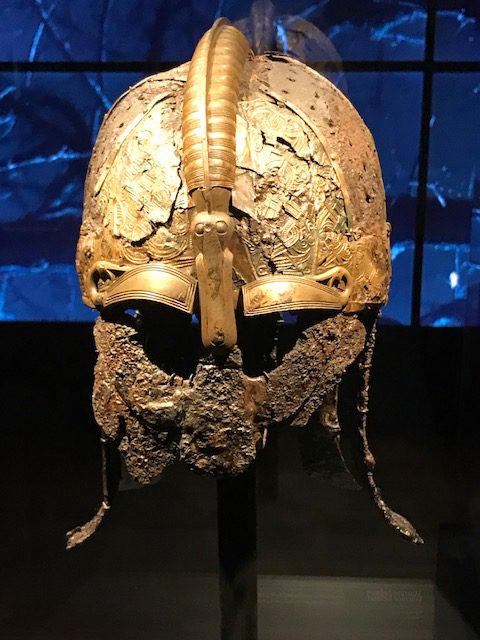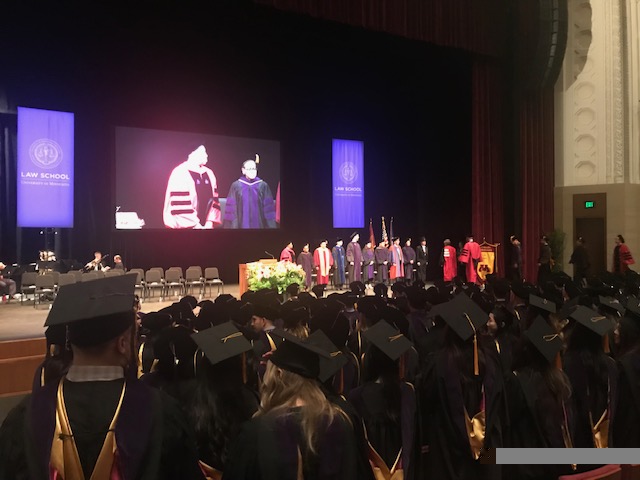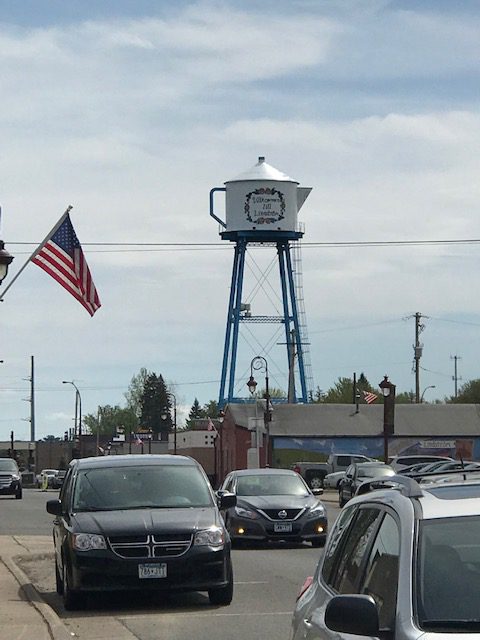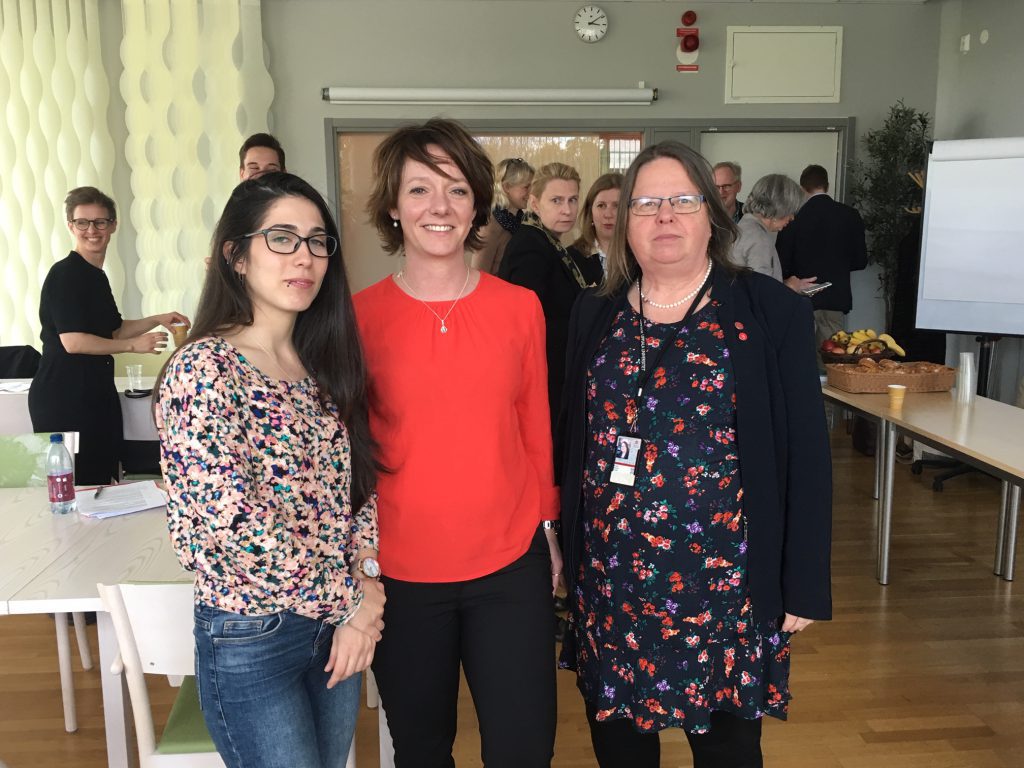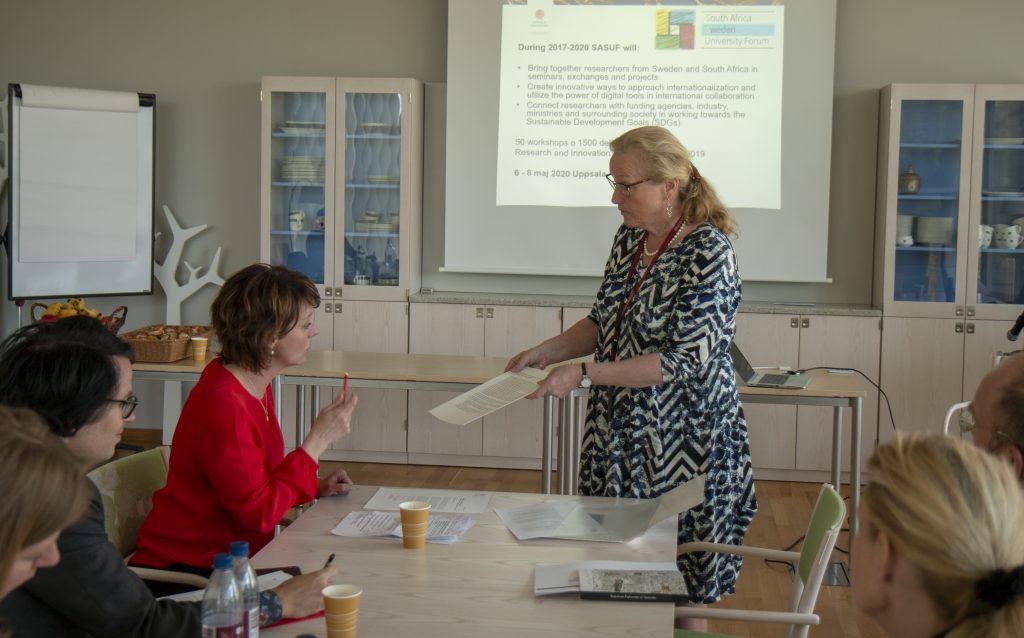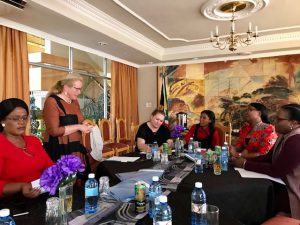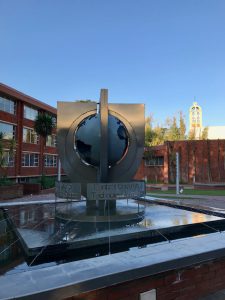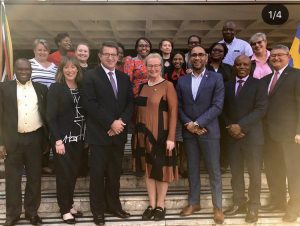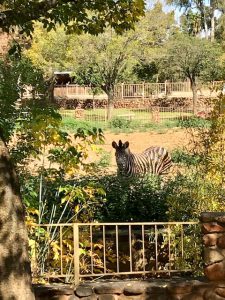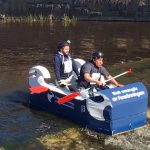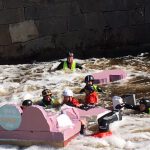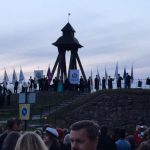Back home from SASUF, South Africa–Sweden University Forum, in Stellenbosch, South Africa, and trying to sum up the past week – many impressions. What impressed me most was the enthusiasm and commitment everyone shows for SASUF. More than 50 events and workshops in 13 cities around South Africa during the week, all of them addressing the 2030 Agenda and the sustainability goals formulated by the UN, gathered into SASUF’s six general themes (see below). Many joint projects have already been established and new ones were created during this week in South Africa.
Theme 1 – Climate change, natural resources and sustainability
Theme 2 – Education for a Sustainable Society
Theme 3 – Social transformation through change: Knowledge and social development strategies for society
Theme 4 – Understanding the burden of disease in Sweden and South Africa and its impact on the health systems of the two countries in the future
Theme 5 – Sustainable urbanisation, travel and tourism in the 21st Century
Theme 6 – Digital technologies, big data and cybersecurity

Full house at the opening ceremony in Stellenbosch
We are happy to be able to offer twice as many groups project funding during the upcoming period. You can read more about this at SASUF.org, where you will also find information about other funding opportunities for cooperation between South Africa and Sweden. One success factor for SASUF is that research funding bodies such as the Swedish Research Council, the Swedish Research Council for Health, Working Life and Welfare (Forte), the Swedish Foundation for International Cooperation in Research and Higher Education (STINT) and their South African counterparts participate in the forum and can pick up and respond to needs. The Young Academy of Sweden was also there, along with representatives of several students’ unions. The next time we gather will be in Uppsala on 4–8 May 2020, with satellite meetings at all participating partner universities in Sweden. Planning is already in full swing for a SASUF week that is at least as successful as the past one.
During the meeting, the participating universities produced a declaration that they will deliver to their governments, containing the following message:
The universities participating in SASUF call on their respective government to promote collaboration and networking linked to the United Nations Agenda 2030 through research and educational cooperation between South Africa and Sweden by facilitating the following:
- To support flexible mobility of academic staff, students encompassing under-graduate, post-graduate, and doctoral students as well as post docs and provide for exchange opportunities for administrative officials – by strengthening existing funding structures and creating new ones where gaps exist.
- To facilitate the development of early career academics – through the initiation of grant programmes to enhance collaboration and networking between South Africa and Sweden.
- To ensure appropriate flexible funding schemes to facilitate partnerships in research and education between South Africa and Sweden.

Mingle at Stellenbosch Institute for Advanced Study – listening to Swedish Ambassador Cecilia Juhlin
I can already confidently say that the project is living up to its promise. All credit to everyone working with SASUF and especially project manager Gustaf Cars.
During 2017-2020 SASUF will:
- bring together researchers from Sweden & South Africa in seminars, exchanges & projects
- create innovative ways to approach internationalization & utilize the power of digital tools in international collaboration
- connect researchers with funding agencies, industry, ministries & surrounding society in working towards the Sustainable Development Goals (SDGs)
36 participating universities:
Sweden: Uppsala University (coordinator), Lund University, Karlstad University, KI – Karolinska institutet, KTH Royal Institute of Technology, Linköping University, Malmö University, Stockholm University, Swedish University of Agricultural Sciences, Umeå University, University of Gothenburg, University West & Örebro University.
South Africa: Cape Peninsula University of Technology, Central University of Technology, Durban University of Technology, Nelson Mandela University, North West University, Rhodes University, Sol Plaatje University, Stellenbosch University, Tshwane University of Technology, University of Cape Town, University of Fort Hare, University of the Free State, University of Johannesburg, University of KwaZulu-Natal, University of Limpopo, University of Pretoria, University of South Africa, University of the Western Cape, University of Venda, University of Witwatersrand, University of Zululand, Vaal University of Technology, Walter Sisulu University

